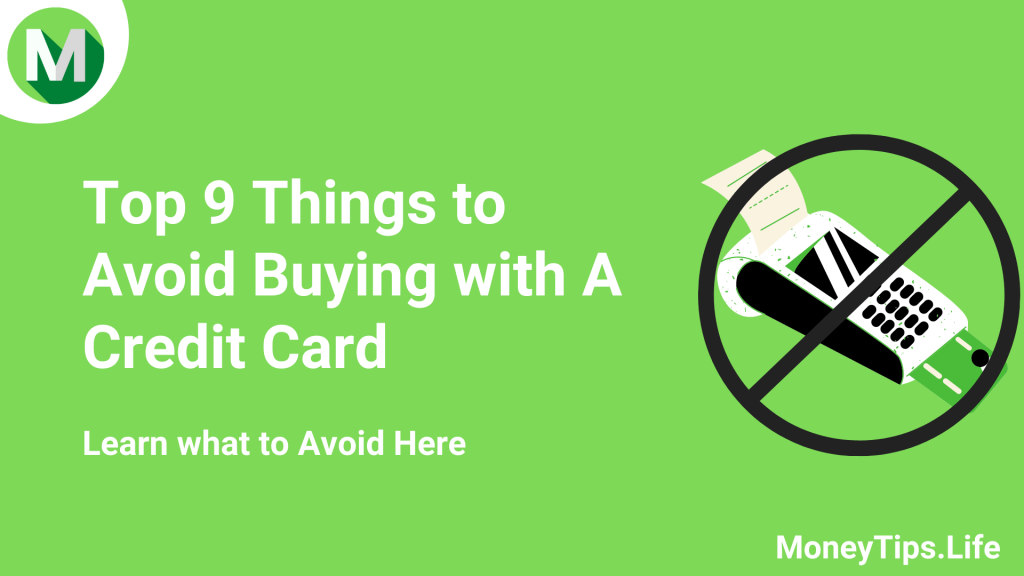A credit card is a great asset. It allows us to buy what we need without waiting for a paycheck. It can provide financial security for families, as well.
However, not everything should be purchased on a credit card. Some things are hard to pay off, or may make your credit worse. Others cause excessive fees.
To make the most of your credit, it’s important to be responsible. It’s easy to become buried in debt if you aren’t careful. Avoiding putting certain things on a card can help you protect your credit.
Avoid putting these expenses on your credit card to promote financial health:
1. Rent or Mortgage
Putting big expenses on a card can be risky. If you miss a payment, the interest skyrockets. You can end up paying much more than you need to.
Many rent or mortgage companies won’t accept credit. They may charge an additional fee to use a credit card. These fees can add up and cost you in the long run.
2. Utilities
Most utility companies charge a fee for using a credit card. If you go over your limit, there are additional fees. You’ll also need to pay interest if you cannot pay in full.
Month after month, you may accumulate leftover utility payments. If you’re late on your card payment, you’ll receive compounded fees. It’s not worth the convenience for most people.
3. Medical Bills
Medical bills can be expensive. As a result, many people are tempted to put them on a credit card. This is a bad idea.
Large bill sums create significant interest. When you can make payments, they will mostly apply to interest. This means a much larger bill in the end for you.
Many doctors and hospitals have payment plans. This is a better choice than using a credit card.
4. Vacations
It can be tempting to book a vacation when you see deals online. It’s also tempting to use credit while on vacation.
This leads to spending more than you budget for. You’d be surprised how much can add up on a credit card.
Using credit on vacation can add stress and anxiety when you return. The interest can also make the vacation not worth the price.
It’s best to use debit or cash on trips. This way, you can’t exceed your budget.
5. Weddings
It comes as no surprise that weddings are very expensive. Even if you keep costs low, you will spend a significant amount of money. Charging large wedding expenses results in large amounts of interest.
To stay on budget, don’t use credit. Pay only what you can afford with debit or cash.
You don’t want to begin your marriage in debt. Be sure to budget and avoid using credit for your wedding.
6. Taxes
Tax payments can be similar to medical bills. They are expensive and require immediate attention. As a result, many people consider using a credit card.
Unfortunately, interest rates to charge your tax payments are astronomical. The IRS has alternative payment options with better rates. If you need help, use their services and not a credit card.
7. Small Indulgences
It’s important to be intentional about using credit cards. Don’t use them for impulse or minor purchases. These small costs add up quickly.
Credit cards give you the option to spend beyond your means. Small indulgences may not seem like a lot. However, they can significantly increase debt.
Save credit cards for planned, moderate purchases like groceries and gas.
8. Bail Bonds
Bond fees can be expensive. You risk exceeding your credit limit with a bond payment. This will cause additional fees and penalties.
If you can’t pay the bond sum, your credit will be impacted. Charging a bail bond won’t just delay the onset of debt. It will increase what you owe.
9. Student Loans
When you pay loans, most payments go toward interest. When you put loans on a credit card, you pay interest twice. Almost none of your money go towards the principal balance.
It’s best to set up a payment plan with your loan provider. This helps avoid double interest and fees. You can then pay the loan down more quickly.

